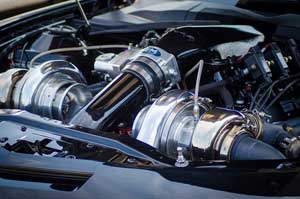Dutch Technical Translator for Hobart
 We provide technical translation for manuals and engineering related documents from Dutch to English or English to Dutch in Hobart.
We provide technical translation for manuals and engineering related documents from Dutch to English or English to Dutch in Hobart.
Technical translation requires translators who have a good understanding of technical terms, as well as a good grasp for source and target languages. Our Dutch technical translators are able to translate the original documents to a high degree of fidelity, and in line with Australian NAATI translation standards.
Our highly qualified Dutch translators are not only strong in language translation, but also have relevant background knowledge and formal qualifications in engineering or science to translate technical documents in Dutch accurately and efficiently.
English Dutch Technical Translation
To begin, simply send us a copy of your documents using the form on this page for a no-obligations quick quote.
Technical document translation services for all locations:

Hobart is the state capital and most populous city of the Australian island state of Tasmania. Founded in 1804 as a penal colony, Hobart is Australia's second oldest capital city after Sydney. In 2009, the city had a greater area population of approximately 212,019. A resident of Hobart is known as a "Hobartian". The city is located in the state's south-east on the estuary of the Derwent River. The skyline is dominated by Mount Wellington at 1,271 metres (4,170 ft) high.

Dutch Technical Translation Services
For all Dutch translation requirements, email us directly at: [email protected] or use the form below to upload your documents for review.

 Dutch is closely related to English and
Dutch is closely related to English and